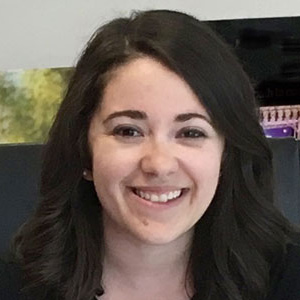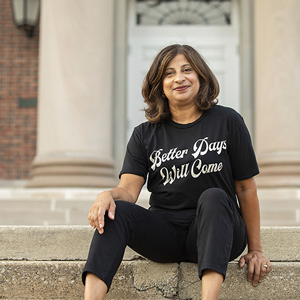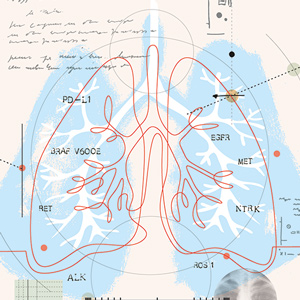Adolescent and Young Adult Cancer
-
Get Involved
Bringing Joy to the Pediatric WardStudents Lara Jabbour and Nazanin Nayeri work to cheer up hospital staff and patients.
by Bradley Jones
-
Rethinking Access to Disability Benefits
Advances in screening and treatment mean there are more cancer survivors than ever, but survivors who struggle to work can face difficulty getting disability payments.
by Jen Tota McGivney
-
Understanding How Radiation Causes Cancer
Researchers are investigating who is at greatest risk for radiation-induced cancers.
by Kate Yandell
-
From the Editor-in-Chief
Cancer in Adolescents and Young AdultsPatients in this age group have particular needs, and cancer centers are beginning to tailor programs for them.
by William G. Nelson, MD, PhD
-
Sound Advice
Spring 2021vol 11 | issue 01
Maintaining relationships through cancer, feeling unappreciated as a caregiver, and finding information that's relevant to young people with cancer. -
Colorectal Cancer Screenings at Home
Stool-based tests could increase access to colorectal cancer screening.
by Jen Tota McGivney
-
When Young Adults Need Care
For adolescents and young adults who have been diagnosed with cancer, caregivers can play an influential—but often overlooked—role in providing help and support.
by Carly Flumer
-
Getting Serious About Depression
Cancer survivors have higher rates of depression than the general population, but many don't know help is available.
by Cameron Walker
-
Survivor Profile
An Unlikely PivotMedha Deoras-Sutliff's experience with breast cancer fueled her interest in advocacy for breast cancer patients and, more recently, her support for research on rare cancers.
by Lindsey Konkel
-
More Choices to Treat Lung Cancer
Advances in precision medicine and immunotherapy have led to better treatments for many patients with advanced lung cancer. But having a wider selection of therapies to choose from can make treatments more complex.
by Kendall K. Morgan














